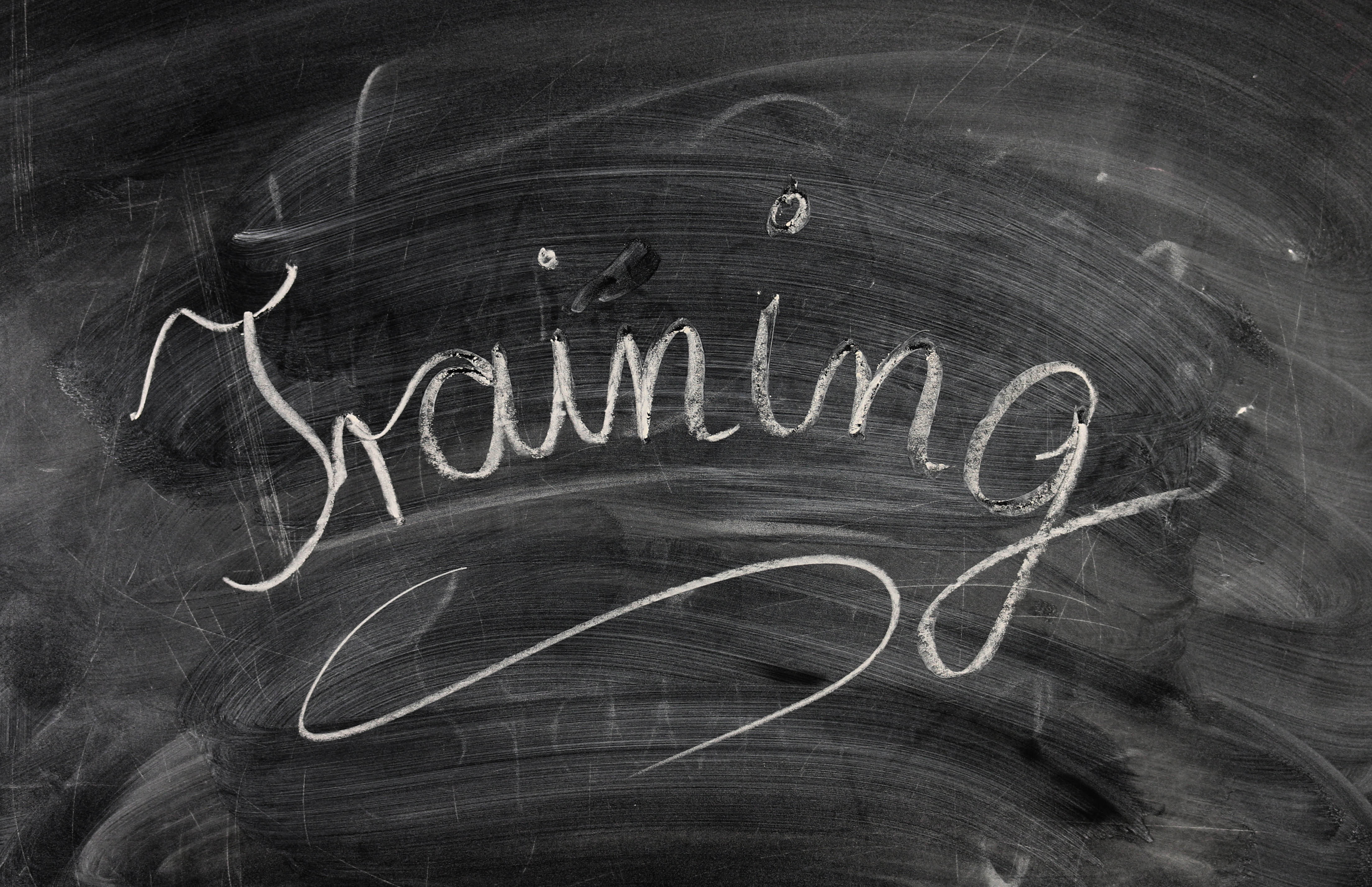At Voice Squad we pride our voice actors’ talent in the field. But this begs the question; just how did they get so talented? (And we say this with the least amount of bravado). The answer is something they all have in common: drama school training! There are many paths into the industry, of course, but it’s important to us at Voice Squad that we sign trained actors to our books. Drama school imparts wisdom to their students which creates the consummate professional with a range of skills to draw upon.
The Toolbox of Trained Voice Actors
In any profession, workers need an assortment of skills to get the job done. Acting and voice work are no different. With limited voice over training available, what’s a voice actor to do? The key is in the title: actor. Stage and film training both call upon a foundation of skills integral to voice work, so drama training is crucial in creating a voice actor’s toolbox.
The tools in question: professionalism, script analysis, character creation and the ever-important warm-up.
Professionalism
Yes, we’ve mentioned enthusiasm before, but it’s important for our voice actors to be ready and energised for the session. Not only that, but to be professional too. The rules of acting school and in the rehearsal room translate directly into the voice over world: be on time, be professional, be prepared.
During drama school the importance of tardiness is drilled upon you: to be late is to let the team down. To let the team down is to lose the job. Often in voice work being ‘on time’ is to be early; to enable proper preparation for the session ahead, and that lesson is taught promptly to the actor-in-training.
Interpreting Copy
A script can be broken down in many ways, and not every style works for every actor. Drama school teaches a wide variety of methods in interpreting scripts; throughout the ages of acting. Having a plethora of approaches can aid an artist in preparing for their session. In a moment trained voice actors can call upon these methods when stuck in a rut. A particular approach not working for a script? Not to worry, they’ll have plenty more means to help them in their journey.
Moreover, drama school training provides voice actors with terminology to express their approach – a short-form of understood communication which can be used in session. Need a beat, a breath, or some subtext? They’ll know just what you’re after.
The Character of Character
Much like interpreting copy, there are multiple ways of creating a character. From Method to Practical Aesthetics, each artist has their own approach. Voice actors with training have had experience with these different styles throughout their time at school, and so have tried and tested the approaches that work for them. They call upon their resources at a click of the fingers, and their performance becomes richer for it. In the studio, they understand the nuances of voice within the copy and can alter their own to portray and enhance their character. Whether that’s an audiobook with multiple characters or a straight-to-audience corporate work, they’ll always portray a character with purpose.
The Warm Up
Training teaches the actor to look after their vessel for performance. On stage, it’s the entire body, as well as the voice, and this preparedness in warming up extends into voice work. Certain sessions (we're looking at you, video games) can be physically demanding on a voice actors’ body, not just their voice. A trained artist will already have the skill set to confidently look after their body and voice for the exertion in the session ahead.
Each actor will have their own approach to warming up, but all will ensure each muscle, and each chord, is looked after. This is vitally important for the longevity of their career, and well-being for future sessions in the week. After all, video games sometimes have an artist yelling for hours on end, it’s important to ensure your voice bounces back for that softly-spoken corporate the next day.
Triumph of Training
It’s clear to see how drama training prepares the performer on how to approach future work. Just as other fields see professionals take courses; a well-prepared actor will as well. To keep their training current or fresh, actors explore many avenues in study; drama school, short-courses, workshops. Whichever approach, all continue to provide the artist with new tools in their belt.
It’s this rigorous training which instils our confidence, and our clients’, within our own voice actors.


